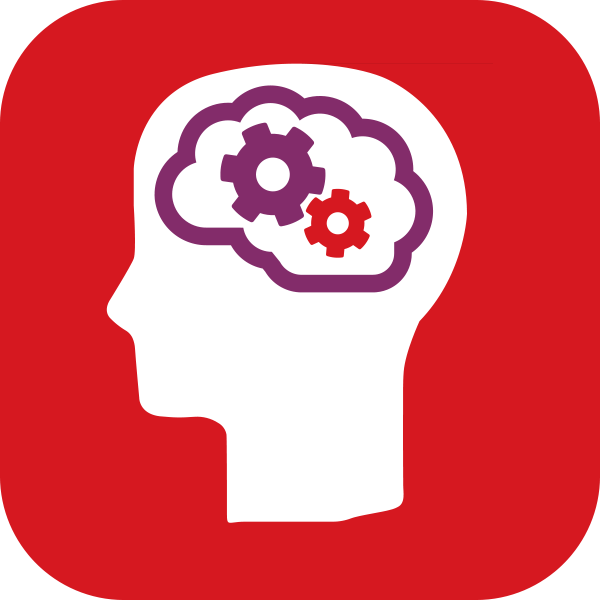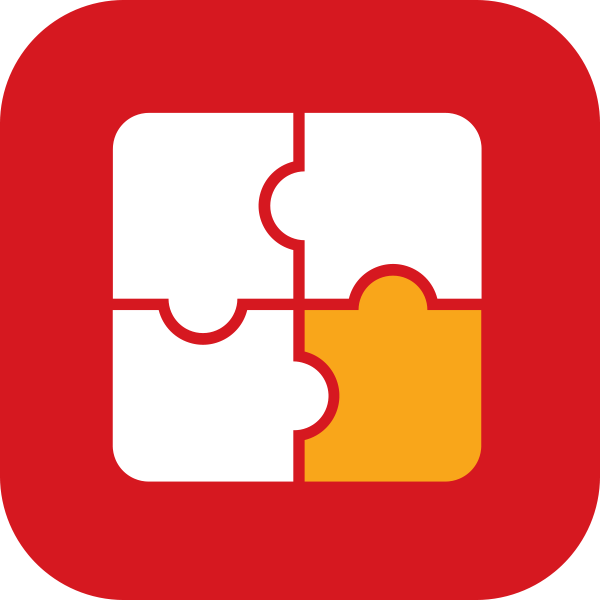“ ”
The new Curriculum for Wales
The introduction of the new Curriculum for Wales has given us the opportunity to reflect on what is essential for our children and the community, as well as the skills that pupils need to develop by the time they go to secondary school. It has also enabled us to look at the skills and interests of our teachers to ensure that everything is engaging and motivating them.
There has been a more equal ratio across the focus of the different “Areas of Learning and Experience”, which has seen an increase in expressive art and an introduction of French as our second language (which the children are really enjoying). As a result of this, the quality of the work being produced in school has considerably improved.
We are looking very much at how we evidence pupils’ learning and progress, such as showcasing to families in the school community and trying to move away from the traditional format of having everything in workbooks. Although the new curriculum has enabled us to really get our teeth into this, we are appreciative of the fact that basic skills such as reading, writing and numeracy need to be a priority (particularly for those children coming into school with already low skills).
When the changes in assessment initially took place, we were quite disconcerted, as we already had extremely effective and tight procedures in place at our school and felt that we were tracking the pupils’ progress very carefully. We therefore spent a lengthy period of time looking at how we could best ensure this continues.
CAT4 has played a pivotal role in terms of our assessments, planning and teaching because it gives us an indication of more able pupils and those who might need support in other areas, such as verbal skills. For example, a third of our Year 4 class had poor verbal skills according to their CAT4 results. Therefore we put whole-class support in place to identify the possible barriers to their learning.
We had a Year 3 pupil who demonstrated challenging behaviour over his first few years at school. Staff suspected that he was capable of more than he demonstrated. After taking GL Assessment’s Pupil Attitudes to Self and School (PASS) measure at the start of Year 3, his results were as shown in figure 1.

This showed that he had a positive attitude towards teachers, but did not enjoy school and lacked self-confidence as a learner.
His CAT4 results were as shown in figure 2.

This showed that he has great potential, as staff suspected. Teachers provided appropriate support both academically and emotionally and after retaking PASS his results had significantly improved as shown in figure 3.

His personalised assessment results were as shown in figure 4.

We had a Year 5 pupil with Additional Learning Needs whose mother was considering specialist provision for secondary school. By showing her his CAT4 data, we were able to demonstrate that he was more able and recommend a mainstream secondary school that could cater for his social communication difficulties where he would be more challenged.
We had another pupil whom staff were quite concerned about and his CAT4 results were very unusual. Looking closer at the data, we could see that he hadn’t actually engaged with the test and only answered two questions. After taking PASS, we realised there was an issue affecting his performance and gave him lots of pastoral and learning support. After retaking the assessments, CAT4 showed us that he has in fact more able and his PASS results were much improved.
“ ”
“ ”
Using CAT4 alongside the National Tests
Our Year 5 and 6 pupils recently set the Welsh Government National Tests, and we compared their scores with their non-verbal Standardised Age Score from CAT4 to look for significant discrepancies. The next piece of work will be to look at the quantitative data to see whether there has been an improvement in the pupils’ maths ability. CAT4 has provided us with evidence to use alongside the National Tests to identify whether these pupils have performed to the best of their ability.
CAT4 has been an invaluable tool to back up the other systems we have in place at the school. Our main form of assessment is teacher planning and feedback. GL Assessment provides us with the data that enables teachers to plan appropriate support and intervention. Therefore it is absolutely vital. However, using these assessments alone is not enough – it is the discussions you have around what the data is showing you that is most important.
Gabalfa Primary School is one of our Advocate Partners.



